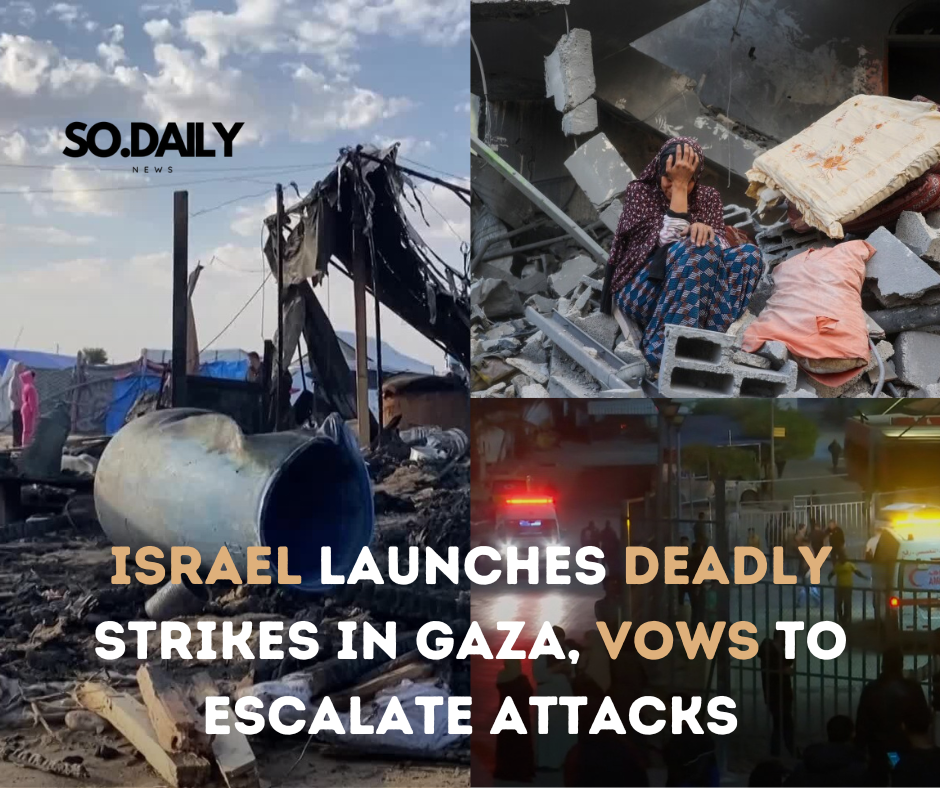In a significant escalation of violence, Israel has resumed airstrikes across the Gaza Strip, resulting in over 400 Palestinian deaths and effectively ending a ceasefire that had been in place since January.
Breakdown of Ceasefire Negotiations
The recent hostilities follow the collapse of negotiations aimed at extending the ceasefire and securing the release of hostages held by Hamas. Israeli Prime Minister Benjamin Netanyahu ordered the strikes in response to Hamas’s refusal to release additional hostages, including one American citizen. The inability to reach an agreement on these critical issues led to the resumption of military operations.
Scope and Impact of the Airstrikes
Israeli forces conducted extensive airstrikes targeting Hamas leadership and infrastructure throughout Gaza. The strikes spanned multiple regions, including Deir al-Balah, Al Mawasi, Gaza City, Khan Yunis, and Rafah. The Palestinian Ministry of Health reported that these operations resulted in over 400 fatalities, many of whom were women and children. The scale of the attacks has raised significant humanitarian concerns, with hospitals overwhelmed by casualties and essential supplies in critical shortage.
International Response and Humanitarian Crisis
The international community has expressed deep alarm over the escalating violence and its humanitarian impact. The United Nations and various countries have called for an immediate ceasefire and unrestricted access for humanitarian aid to alleviate the suffering of civilians. However, the ongoing blockade has hindered the delivery of essential supplies, exacerbating the crisis.
Outlook
As the situation in Gaza continues to deteriorate, the prospects for peace remain uncertain. The breakdown of the ceasefire and the subsequent military actions have intensified regional tensions, with no clear resolution in sight. The international community faces the challenging task of addressing the immediate humanitarian needs while seeking a sustainable path to peace in the region.
